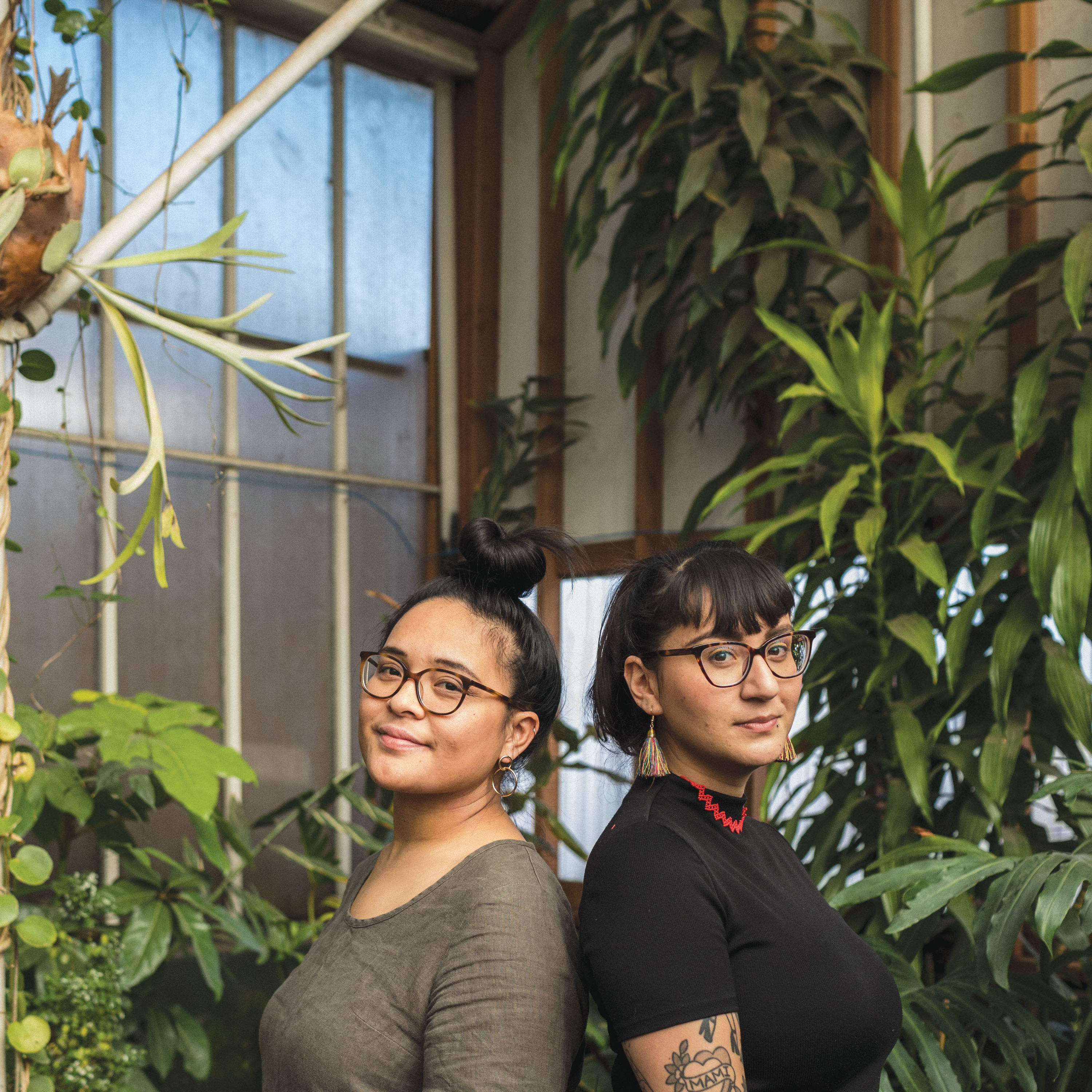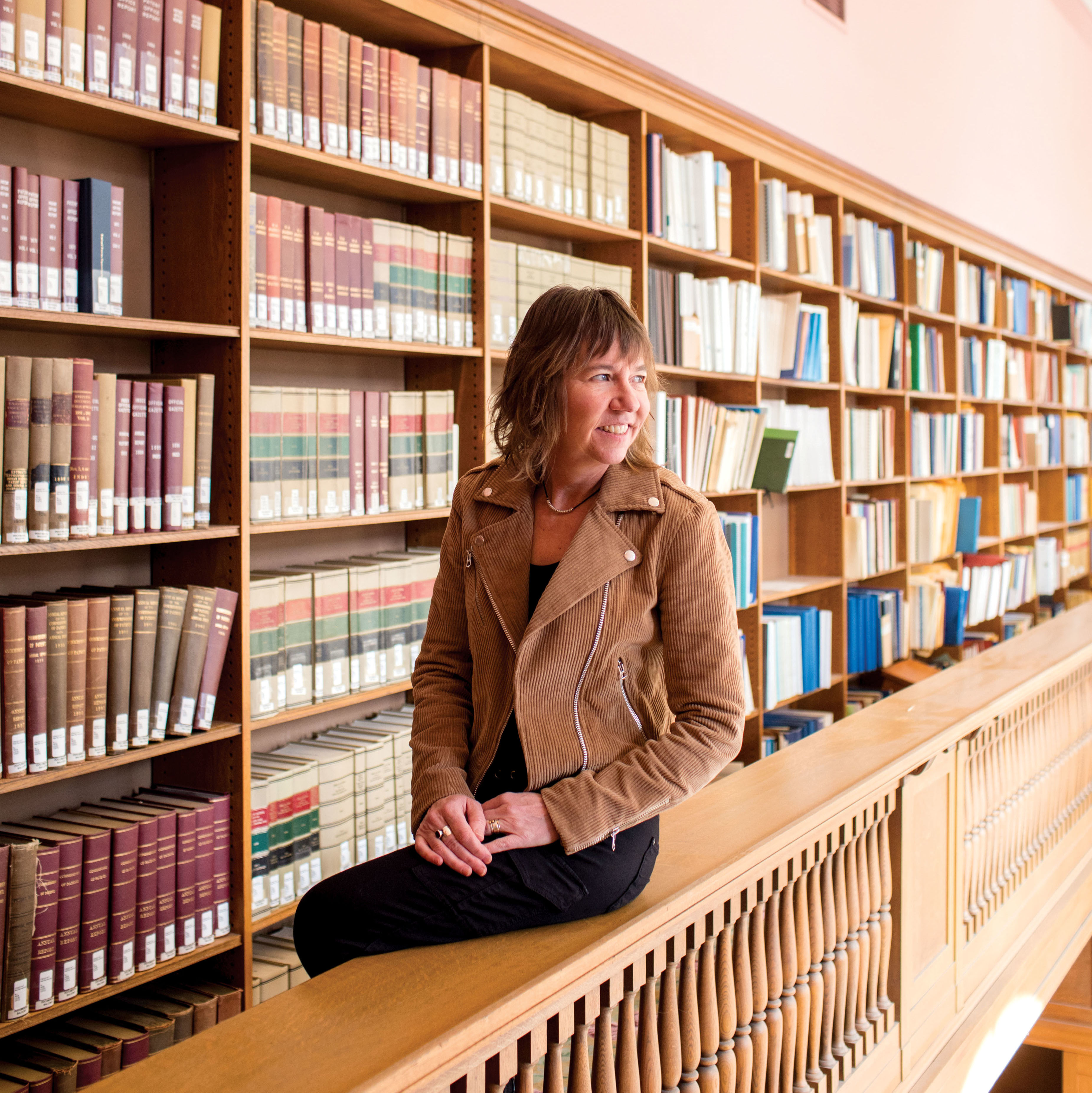Women of Color Are the Majority on the Multnomah County Commission. It's a Big Deal.

Image: Sara Wong
When she was a teenager, Jessica Vega Pederson had a conversation that shaped the rest of her life. Raised in a Mexican-American Catholic family in Mike Pence’s home state of Indiana, Vega Pederson was shocked to learn that her mom was adamantly pro-choice. “She said, ‘I sure don’t want a bunch of old white men in Washington, DC, saying what women can and can’t do with their body,’” recalls Vega Pederson. “That was such a powerful conversation for me. That gave me a new insight into my mom, but also into why representation matters.”
Vega Pederson eventually moved to Oregon and left a career in tech to win a seat in the state legislature and then on the Multnomah County Commission. She’s in good company: since 2017, the Multnomah County Commission, the body tasked with overseeing all parts of county policies and budgets, has been all women, including a majority of women of color.
“Having our experiences as women who have faced barriers and bias, we are able to lend that perspective as we’re contemplating policies,” says Vega Pederson. She says the commission is focused on equality even when weighing in on wonky issues like regional transportation funding. “We’re considering the impact on communities of color who have often borne the brunt of really bad transportation decisions that destroyed communities, that’s really important to me.”
While national media focuses on the record number of women serving in Congress this year, political power at local levels is also being claimed by more women than ever—especially in Oregon. Women hold both our governorship and attorney general seat. They fill 30 percent of the Oregon Senate and nearly half of the Oregon House—compared to 24 percent of seats in the Congress. In addition to the all-women county commission, Portland’s city council is majority women for the first time in its history.
The Multnomah County Commission certainly isn’t as glamorous as Congress. Recent board meetings have involved hearings on foreclosed properties, landfills, and multiple scintillating presentations on soil erosion. But when it comes to changing the concrete facts of people’s lives, the county arguably has more of an impact than the national debates that tie up federal representatives. The commission wrangles public policy that affects more than just Portland—it oversees things like jails, public health clinics, county-wide homelessness prevention, regional job development, and libraries. For example, every year, the county gives rent assistance to 11,800 households, a crucial program to prevent increasing homelessness in a place where rents for one-bedroom apartments jumped 52 percent between 2010 and 2016.
“I am a huge fan of city councils and mayoral positions,” says Jillian Schoene, executive director of Emerge Oregon, a nonprofit that recruits and trains women to run for office. “They are overlooked, but the fact is you can pass a resolution in June and start implementing it in July. You can make an impact in your community immediately,” says Schoene. After the 2016 election, Emerge Oregon saw a 30 percent increase in applications for their programs—a “Trump bump” where suddenly more women wanted to run for public office.
That’s part of how the county commission’s newest addition, Susheela Jayapal, wound up in politics.
Jayapal grew up all over India and Singapore, with parents who prized education for their two daughters. That support landed her at the elite Swarthmore College at age 16. Jayapal remembers showing up on campus an unbearably hot August day in 1979, wearing the clothes her mom had bought for an American winter: a turtleneck, corduroy pants, and a wool sweater. She was one of the only students of color on the Pennsylvania campus.
“I was sticking out on the one hand, but feeling unseen on the other,” she says.
A three-minute call home from a payphone cost $12 in quarters. To survive, she forged a pragmatic sense of self-reliance that continues with her today.
After Donald Trump’s election, Jayapal felt she had to run for office. For a lifelong introvert who hates being the center of attention, the decision to seek a very public job wasn’t easy.
“Anger can be very motivational,” she says. “It can take you past some of the processes that say, ‘Why in the world would you do this?’” Now, in her first year on the job, Jayapal wants to make a long-term plan for rent assistance in the county.
While campaigning, she had to face her hesitation about opening up to strangers—as well as a gender- and race-based fear of door-knocking by herself in unfamiliar neighborhoods.
“There was always that uncertainty as I walked up to knock on a door. Who’s going to be on the other side?” says Jayapal, who always made sure to stop knocking on doors before it got dark. “I think those are calculations that white men likely don’t have to go through.”
Vega Pederson also didn’t see herself as someone who would run for office. But when she and her husband moved to East Portland’s Hazelwood neighborhood, she was surprised to learn that many of the basic parts of city life the rest of Portland enjoys—like sidewalks, paved roads, and convenient grocery stores—simply did not exist.
“I realized that there was a need for someone to step up,” says Vega Pederson.
Vega Pederson enrolled in Emerge’s training program, then won a state legislature seat in 2013 and served two terms. One of the bills she’s proudest of cosponsoring during that time was a domestic workers’ bill of rights, which required overtime pay, personal days off, and protection against harassment for an estimated 10,000 nannies, housekeepers, and other home workers in the state. Now sitting in a position of authority at the county, she reflects on how women’s work and power takes many forms.
“Women have held power forever,” she says. “We’ve just held different kinds of power that hasn’t been respected or acknowledged for far too long.”









